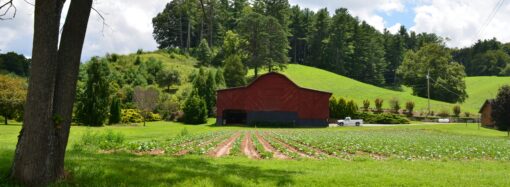Check Out These Hilarious Philosophical “Attack Ads”0
- November 5, 2015
If done right, humor can be a great educator. Perhaps some of you have seen these before, but they escaped my attention until I came across them on a friend’s Facebook page today. They’re faux attacks on modern philosophers made to look like today’s political attack ads. They’re hilarious, and a fun introduction into the
READ MORE











